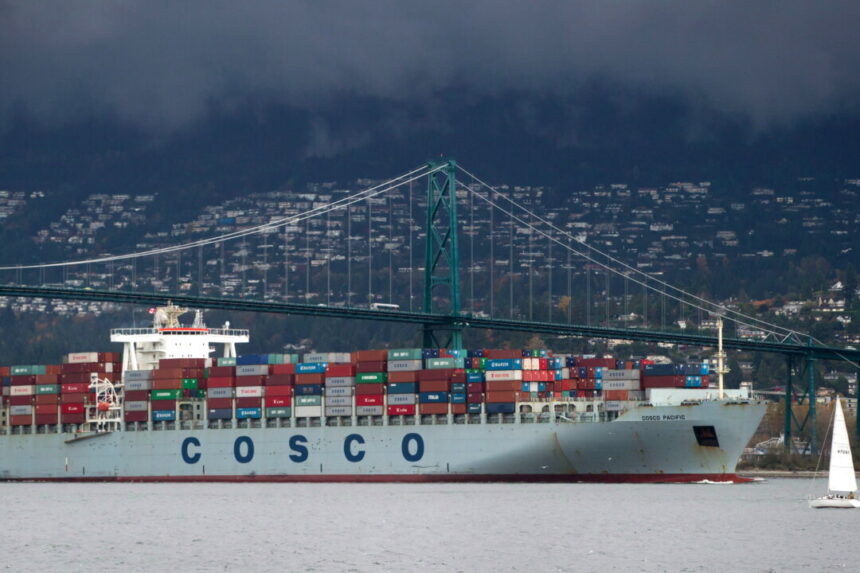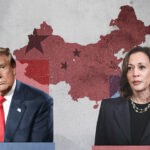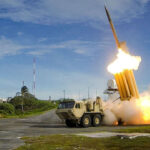The recent escalation in trade tensions between Canada and China has raised concerns about unfair trade practices and the use of economic retaliation as a geopolitical tool. China’s response to Canadian tariffs on Chinese products, such as electric vehicles and steel, includes launching an anti-dumping investigation into Canadian canola imports. This is not the first time China has used trade disputes as a means of exerting political pressure.
One notable example is Australia’s call for an independent inquiry into the origins of the COVID-19 virus, which resulted in a series of trade sanctions imposed by China on Australian products. Despite the initial impact, trade diversion played a crucial role in mitigating the effects of these sanctions. Australian products found new markets in countries like Thailand, Saudi Arabia, Bangladesh, Vietnam, India, and South Korea, showcasing the resilience and adaptability of businesses facing trade barriers.
The concept of trade diversion was also evident in the U.S.-China trade war, where both countries imposed tariffs on each other’s imports. Contrary to fears of economic devastation, bystander countries like Vietnam, Thailand, Korea, and Mexico benefited from increased exports to the United States during this period.
The pandemic highlighted the risks of relying heavily on geopolitical adversaries for essential goods, as seen in Canada’s experience with faulty masks imported from China. To address these vulnerabilities, many countries are exploring strategies like onshoring and friendshoring to secure critical supply chains and reduce dependence on hostile trading partners.
Canada should prioritize onshoring and friendshoring initiatives to strengthen its economic resilience and reduce reliance on unpredictable trade partners. By diversifying trade relationships and considering alternative sources for imports and exports, countries can better protect their interests and avoid being at the mercy of unfair trade practices. If more governments acknowledged this fact, the CCP would not resort to using tariffs and unfounded investigations as tools to exert economic and political control over Western nations. If China’s probe into Canadian canola is indeed the opening salvo in a new trade conflict, Ottawa must stand its ground and resist pressure to lift tariffs on Chinese electric vehicles, steel, and aluminum. Rather than giving in, we should challenge their actions. Please note that the opinions expressed in this article are the author’s own and do not necessarily represent those of The Epoch Times.
Source link






